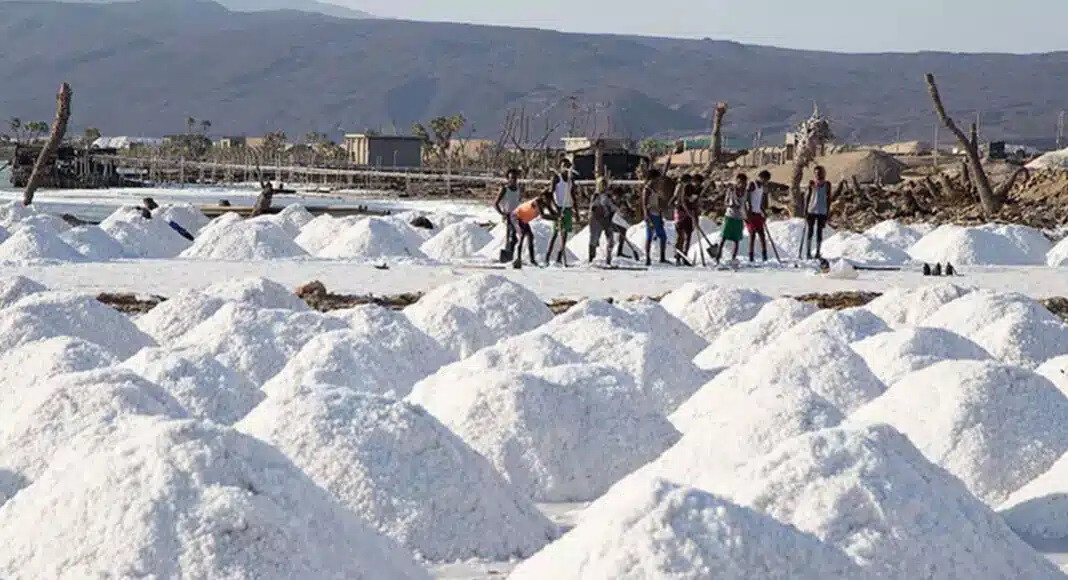
Addis Ababa, Ethiopia – In a significant move to rectify the severe market disruptions caused by a 2023 policy, Ethiopia's Ministry of Trade and Regional Integration has issued a new directive permitting the operation of salt processing plants outside the Afar Regional State. This decision overturns a previous regulation that had effectively monopolized the salt industry and led to critical shortages across the nation.
The new directive, approved by Minister Kassahun Gofe, repeals a predecessor policy implemented under Gebremeskel Challa. That earlier directive had mandated that all salt processing occur exclusively within the Afar region and required industrial salt to be treated with naphthalene, a chemical that has become difficult to source due to foreign exchange shortages.
The 2023 directive had granted the Afar Mining Corporation unprecedented control over salt mining and supply, displacing private businesses and the state-owned Ethiopian Industrial Inputs Development Enterprise (EIIDE), which had previously been key players in the sector. This monopolistic control resulted in severe supply chain bottlenecks, particularly affecting industries reliant on large volumes of industrial salt, such as breweries and tanneries.
"The previous directive created an artificial scarcity and crippled vital industries," stated a source within the Ministry of Trade. "By allowing processing plants to operate outside Afar and eliminating the mandatory naphthalene treatment, we are aiming to restore market balance and ensure a stable supply of salt."
The naphthalene requirement, while intended to ensure quality, proved impractical due to forex shortages, which hindered the import of the chemical. This added an unnecessary financial burden on processing plants, further exacerbating the supply crisis.
Another critical flaw of the previous directive was a clause that allowed manufacturing industries to maintain salt reserves. This provision inadvertently led to hoarding, contributing to the perceived scarcity. Trade officials now argue that this measure was not only difficult to enforce but also prevented the efficient utilization of Ethiopia's abundant salt resources.
During a parliamentary session last year, officials from the Ministry of Industry highlighted the paradox of salt shortages amid vast stockpiles in Afar. Members of Parliament urged for a political resolution to the issue, emphasizing the need to distribute the accumulated salt reserves effectively.
The new directive is expected to alleviate the current market pressures and revitalize the salt industry. Industry analysts anticipate that the policy change will encourage private sector participation, improve supply chain efficiency, and ultimately benefit consumers and industrial users alike. The Ministry of Trade has pledged to closely monitor the implementation of the new directive to ensure its effectiveness and prevent future market distortions.
This policy reversal marks a significant step towards addressing the economic challenges posed by the previous directive and underscores the government's commitment to fostering a competitive and stable market environment.
[Copyright (c) Global Economic Times. All Rights Reserved.]






























